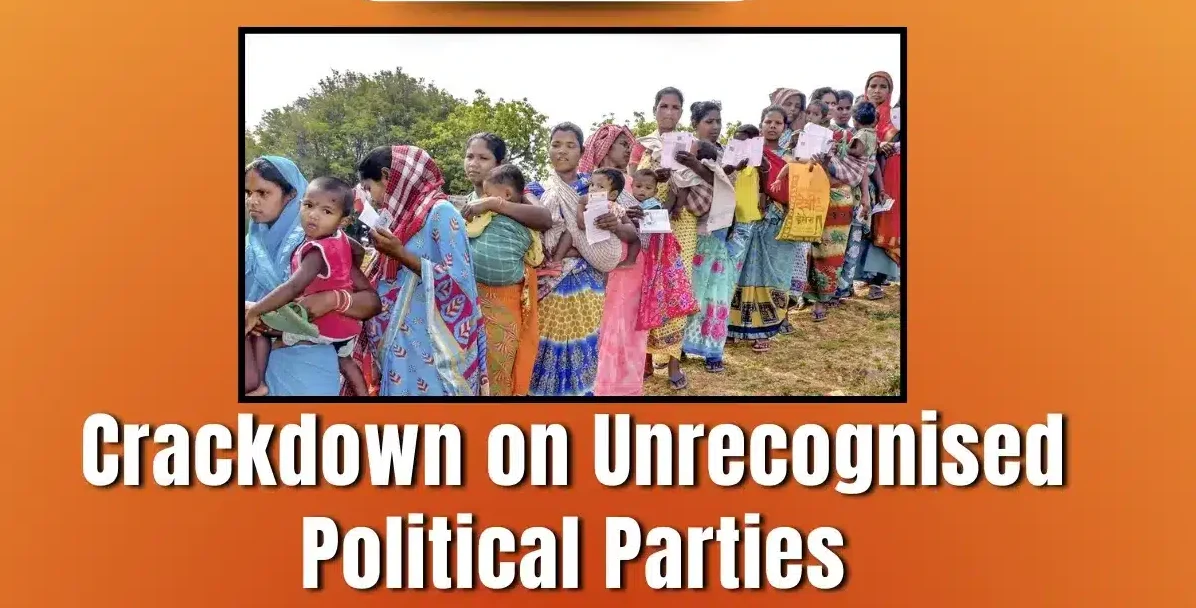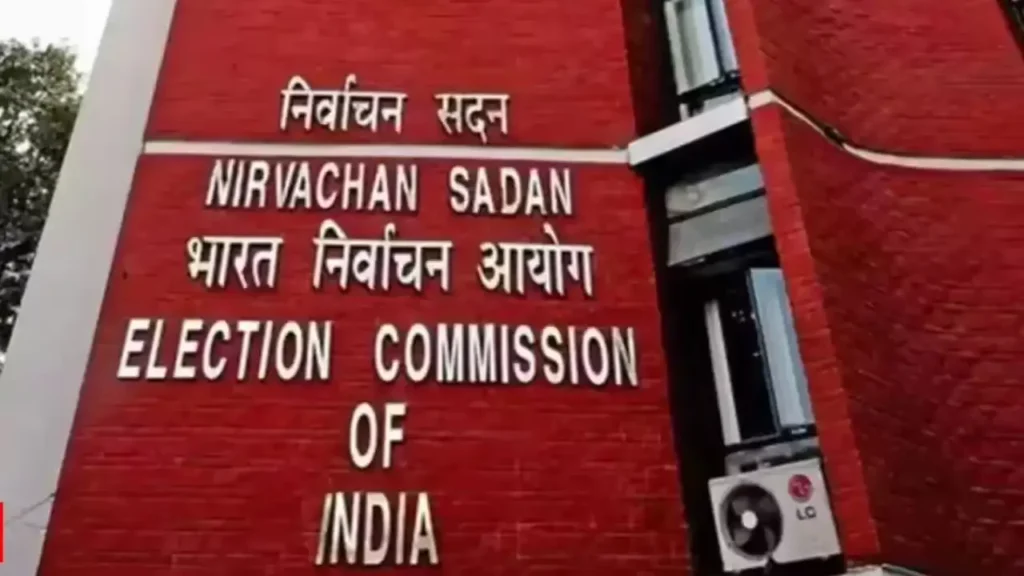In a sweeping clean-up of India’s political space, the Election Commission of India (ECI) has deregistered 474 unrecognized political parties for failing to contest any elections over the last six years. This decisive move follows a similar action in August, when the ECI removed 334 parties from its rolls. Together, 808 inactive political parties have been struck off in just two months — one of the largest crackdowns in recent history.
Why This Matters
Under the Representation of the People Act, 1951, every registered political party must actively participate in elections to retain its registration. Parties that fail to do so for six consecutive years face deregistration. These parties not only enjoy legal recognition but also access tax benefits and other privileges. By removing dormant parties, the ECI aims to stop misuse of these advantages and increase transparency in political funding.
Where the Axe Fell
The deregistered parties span 23 states and Union Territories.
◆Uttar Pradesh tops the list with 121 parties losing registration
◆Maharashtra (44), Punjab (21), Madhya Pradesh (23), Haryana (17) and Bihar (15) also saw significant removals
◆The Commission has also flagged 359 parties that contested elections in the past six years but have not submitted their financial audit reports for the last three years.

Transparency & Accountability in Focus
Officials said the move is part of a larger drive to ensure financial accountability and clean up India’s electoral landscape. The ECI’s action sends a strong message: only genuinely active political entities can enjoy the privileges of registration.
The Big Picture
The deregistration comes at a time when public scrutiny of political funding and electoral practices is at an all-time high. By striking off inactive entities, the Election Commission reinforces its commitment to fair play, transparency, and a level playing field for all active political parties.
This bold step signals a new era of electoral hygiene and is expected to encourage greater compliance, financial disclosure, and genuine participation in India’s democratic process.


